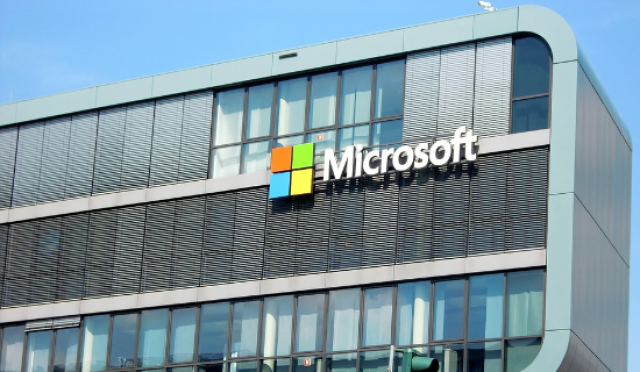The General Manager of Microsoft Nigeria and Ghana, Abideen Yusuf, stated on Tuesday that Nigeria is ready to advance from its current "pockets of innovation" to establishing a flourishing Artificial Intelligence economy.
In an interview with reporters in Lagos, he pointed out that AI could potentially contribute over $15 trillion to the global economy by 2030, and Nigeria has a distinct chance to emerge as a global leader.
The Microsoft executive emphasized that the nation could evolve from being merely a consumer of AI to becoming a producer of this technology for the global market, thereby fostering economic growth and innovation.
Yusuf highlighted that Lagos, as a prominent tech center witnessing significant growth in venture capital and startups, showcases Nigeria's current capacity for AI innovation.
He stated, "Genuine economic development will arise from making this technology accessible throughout the country."
He proposed a two-pronged strategy for establishing a strong AI economy, focusing on nurturing a robust AI ecosystem and creating an AI-ready workforce.
According to him, a strong AI ecosystem necessitates a solid base, starting with essential infrastructure like power and data centers.
He mentioned that companies such as Microsoft are investing in crucial elements, including Africa's first data centers and Edge Nodes in Nigeria, to enhance network speed and improve access to cloud services.
The general manager also stressed the importance of continuing investments and collaborations between the public and private sectors to expand advanced infrastructure and foster digital ecosystems.
Yusuf pointed out that these partnerships are vital for converting data into sophisticated models and facilitating widespread innovation.
He stressed the need for a skilled workforce to embrace new technologies, noting that Nigeria has a unique advantage as it is anticipated to be a significant contributor to the global youth population by 2030, with 42 percent of the world’s youth being African.
He praised initiatives like the Federal Ministry of Communications, Innovation and Digital Economy’s 3MTT program, which aims to generate two million digital jobs.
Yusuf emphasized the importance of public-private partnerships in addressing the skills gap and equipping Nigerians with essential AI capabilities.
He cited collaborations with organizations like the Wootlab Foundation, a non-profit, as crucial for implementing targeted AI training programs.




















